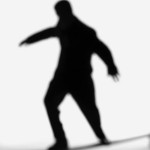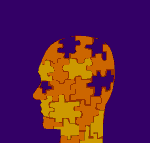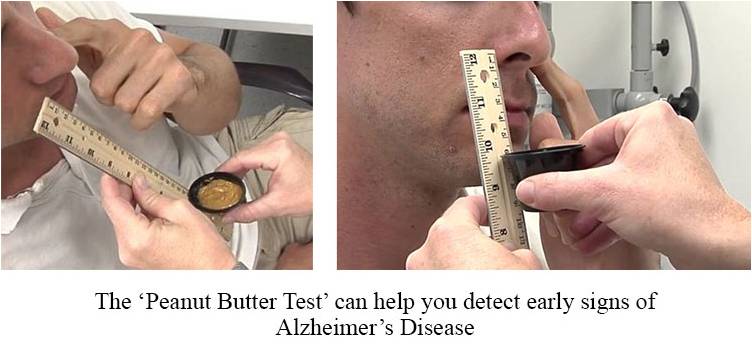 Brain Health and Balance
Brain Health and Balance 
Have you ever seen a basset hound with dementia?
Could it be that they have such great sniffers?
I agree; that probably has nothing to do with it. Nevertheless, your sense of smell is a strong predictor of your future brain health, within certain parameters. The first question analytical people ask me is, “What about if i have a cold or allergies?” Well, that certainly does not predict rapid brain decline. Those people were excluded from the research.
“Dementia” involves memory loss, but it is more than that, as described by Mayo Clinic(1). People with dementia have a loss of at least 2 brain functions, like memory and personality or difficulty planning or communicating and having these issues interfere with daily activities.
I have a post coming out on Aug 10th, 2014, sharing the 10-Question quiz(2) (link will not work until Aug 10th) to test if your condition is average old or actually dementia.
AND, MORE IMPORTANTLY, what can we do if we find we have a problem?
I am serious about prevention. The earlier you find a problem, the more likely you are to have success with therapies. Once there is progressive brain damage, it gets a lot tougher to help. That said, people give up WAY TO SOON. I see people improve that I didn’t think would…and I think almost everyone can improve. Later this month, we will cover many approaches to improve brain function and prevent decline.
First, let’s address that smell is really is a predictor of dementia. Research out in 2013 about dementia and ability to smell(3) showed that of people who already had some memory problems, they were about 30% more likely to progress to dementia over the next 2 years.
That’s weird, isn’t it? Yes, unless you understand the neuroanatomy. So, why does that work?
Here’s your quick neuro. lesson. The smell (olfactory) nerve goes straight to the brain. It’s the only one that bypasses the processing center. That makes it powerful. Also, the smell nerve fibers go directly to the memory part of the brain that degrades in Alzheimer’s disease. You already know this link between smell and powerful memory. Smells often evoke strong, vivid memories. It turns out that this test is so specific, that it can separate Alheimer’s patients with dementia from other people with dementia, and of course, people with no dementia.
Now, let’s show you the test. I’ll explain it, but skip on over here to see a video of the researcher actually doing the test(4).
- Use one tablespoon of peanut butter in a small plastic cup and a metric ruler.
- After the patients closed their eyes and mouth and blocked one of their nostrils, the clinician held the ruler next to the open nostril as the patient breathed normally.
- With each breath out of the patient, move the peanut butter up the ruler one centimeter at a time until the patient detects the smell.
- Record the distance
- Repeat with the patients’ other nostril.
Here is the grading scale:
- Everybody: 15-18 cm from their right nostrils
- Normal: 15-20 cm from their left nostrils
- Probable Alzheimer’s disease: No closer than 5 cm away from LEFT nostril and big smell distance difference between nostrils.
Here’s the key for allergies and colds causing poor smell ability. Patients with probable Alzheimer’s not only had a much harder tme smelling with their left nostrils but, more importantly, showed a huge difference between their two nostrils that was not seen in other groups, including people with non-Alzheimer’s dementia.
Try it out. If there is a big difference between the 2 nostrils, we need to get started working on solutions right away. More about solutions in the coming days.
References:
- – Mayo defines Dementia – http://www.mayoclinic.org/diseases-conditions/dementia/basics/definition/con-20034399
- – 10-Q dementia quiz: http://www.visaliasynergy.com/10-ques-quiz-to-know-if-you-have-dementia-or-youre-just-average-old/
- – Smell and Dementia research: http://www.ncbi.nlm.nih.gov/pubmed/23669447
- – Peanut Butter test video: http://www.wuft.org/news/2013/10/09/uf-study-uses-peanut-butter-to-help-confirm-alzheimers-diagnoses/





